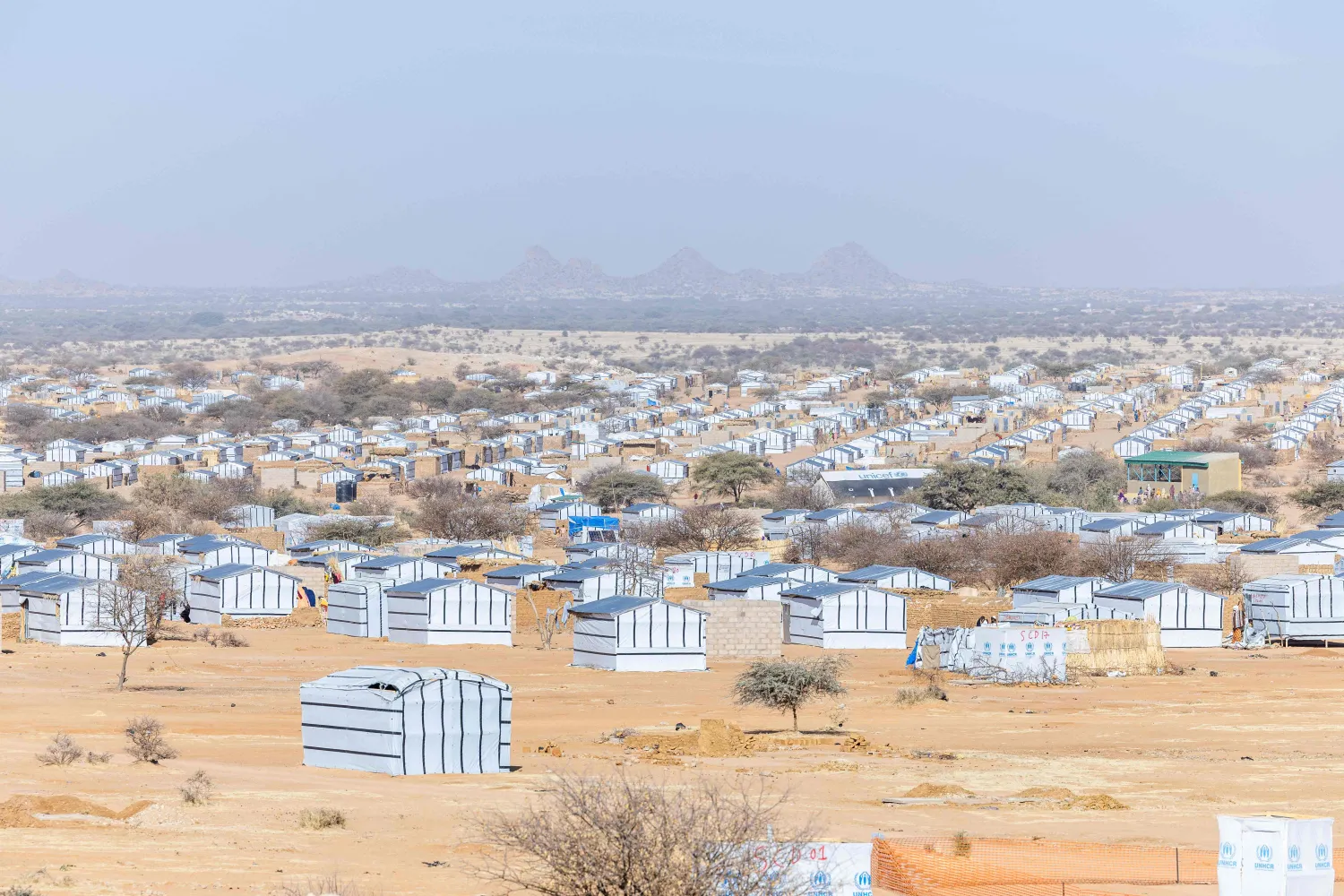Oman and Bahrain held expanded talks this week aimed at bolstering their strong bilateral relations and widening their partnership.
Oman’s Sultan Haitham bin Tariq received Bahrain’s King Hamad bin Isa Al Khalifa in Muscat on Tuesday to discuss opportunities to develop their economic and investment partnership.
They stressed the importance of encouraging the public and private sectors to diversify their fields to meet the aspirations of their people and countries. They also welcomed the establishment of the Omani-Bahraini Investment Company.
King Hamad was in Oman at the head of a senior delegation on January 14 and 15.
The leaders praised the growth of the historic relations between their countries.
They hailed the success of the Omani-Bahraini business council and its role in boosting bilateral cooperation and execution of joint projects that meet their countries’ aspirations.
King Hamad and Sultan Haitham discussed the work of the Gulf Cooperation Council and its success in boosting collective work. They hoped to deepen cooperation and integration between its countries.
They reviewed regional and international developments, underscoring the importance of resolving crises and disputes through peaceful means and bolstering dialogue and international cooperation.
Oman and Bahrain signed 25 agreements and memoranda of understanding during King Hamad’s visit. They covered double taxation, endowments, zakat, meteorology, the stock market, health, media, scientific and educational cooperation, investment opportunities, food security, agricultural production and development and other issues.









